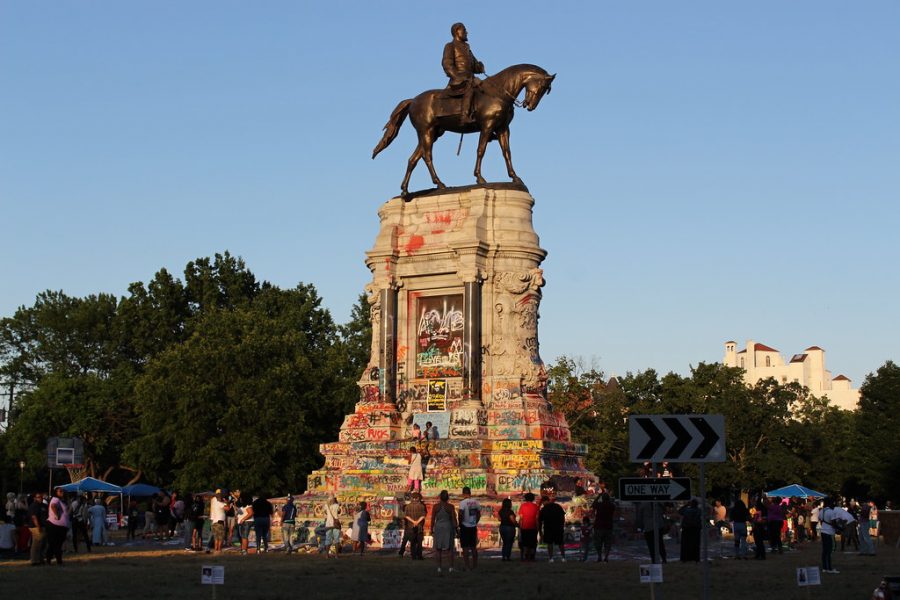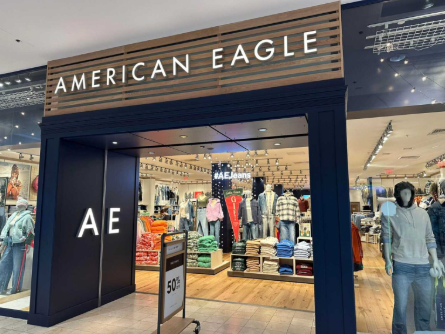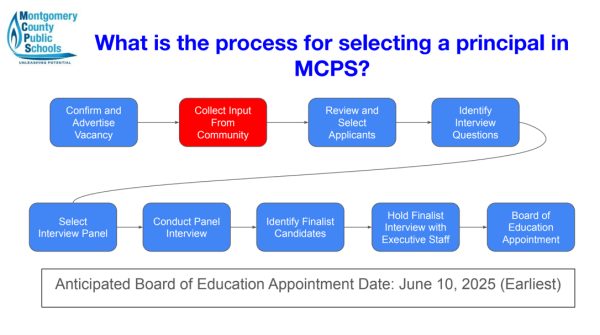Fight for name change gains national recognition; sparks debate
Photo by Joseph on Flickr used with permission from Google Commons
People gather around a defaced Robert E. Monument located in Richmond, Va.
As the United States moves further into the 21st Century, there has been an increased demand for the removal of monuments, plaques and other objects that commemorate historical figures who had ties to slavery and the Confederacy. One school, Robert E. Lee High School in Jacksonville, FL, is currently undergoing extensive debate on whether or not the school’s name should be changed.
The city of Jacksonville is named after former United States president Andrew Jackson, who, according to Teen Vogue, was an “architect of a brutal ethnic-cleansing campaign against Native peoples” during his time in office. The city’s Mayor, Lenny Curry, has moved to take down public symbols of white supremacy since last June.
Around this time, a petition that called on the county school board circulated, calling for the name change of Robert E. Lee High School. The petition, which garnered more than 15,000 signatures, states that the school’s name is a constant reminder of racism, and “haunts students.” The district board voted unanimously in favor of beginning the process of renaming the school, but backlash from the community has delayed this.
Demographics have had a substantial impact on debate surrounding the name change. According to an article by Teen Vogue, the school has a 70% Black student body.
Current students and younger alumni are the ones pushing for the name change. In contrast, older, white alumni and citizens who live in the predominantly white neighborhood surrounding the school are against the change. It should also be noted that the school did not desegregate until 1971.
Those against the change argue that it will erase these figures from history, as well as affect their so-called “Southern culture.” While this “culture” is usually defended as traditions that are typical to Southern states in the U.S., it is undeniable that this culture heavily relied on the institution of slavery. Mykyla Hooper, a senior who holds the high school’s pageant title, Miss Robert E. Lee, has had an active role in the fight to change the school’s name. “I believe that every single step of our educational journey from K-12 has been about their culture. They know us as former slaves who are still in shackles. They are doing this to keep us enslaved, mentally,” Hooper said, according to Teen Vogue.
Like the Florida school, multiple schools in MCPS have the names that commemorate slave owners. In 2019, the school board conducted a review that looked into the names of six different schools: Montgomery Blair High School, Francis Scott Key Middle School, Col. Zadok Magruder High School, Richard Montgomery High School, John Poole Middle School and Thomas S. Wootton High School. According to Bethesda Magazine, an MCPS report found that Wootton “owned ‘around three dozen’ slaves, which placed him ‘among some of the largest slaveholders in Maryland at the time.’” “It’s important because we have history that we have to wrestle with and a community that we have to hear from. And it’s especially because as a board we respond to our electorate, the people who have elected us and the people that we represent,” former SMOB Nate Tinbite said, according to WUSA9.
Fevronia Cresham, a former Wootton student who currently teaches AP Government and Politics, emphasizes the importance of recognizing why the name change took place. From a history major’s perspective, Cresham studies Robert E. Lee and other controversial figures in the context of their time, focusing on their past mistakes.
Cresham, who spent her childhood in the D.C. area, believes that there are more deserving people who the school could be named after. However, she also supports the idea that Wootton has been a historically tolerant and open community, and that a name change will not heavily impact the community itself. “There’s a lesson to be learned in the name change itself, to have a school have a name change for equitable reasons. Well, this is what we were, this is what we thought about and this is what we learned,” Cresham said.
Nevertheless, Cresham expects that change on a national level will not come easy. In a highly polarized political climate, it will take a significant amount of time and resources to be able to alter monuments, names of schools, and other objects that commemorate white supremacy. For example, Richmond, VA, which was historically the capital of the Confederacy, has yet to remove a monument that commemorates Robert E. Lee, despite other monuments of Confederate generals being taken down. “Many people resist changes. Progressives want change, conservatives resist change. I’m not surprised that the older alumni are resistant to change. I’m not surprised that the newer group wants to get rid of the name,” Cresham said.
Your donation will support the student journalists of Thomas S. Wootton High School. Your contribution will allow us to purchase equipment and cover our annual website hosting costs.
Sarah is a 2023 graduate.








maxjoctopus • May 29, 2021 at 9:53 pm
GO MS CRESH